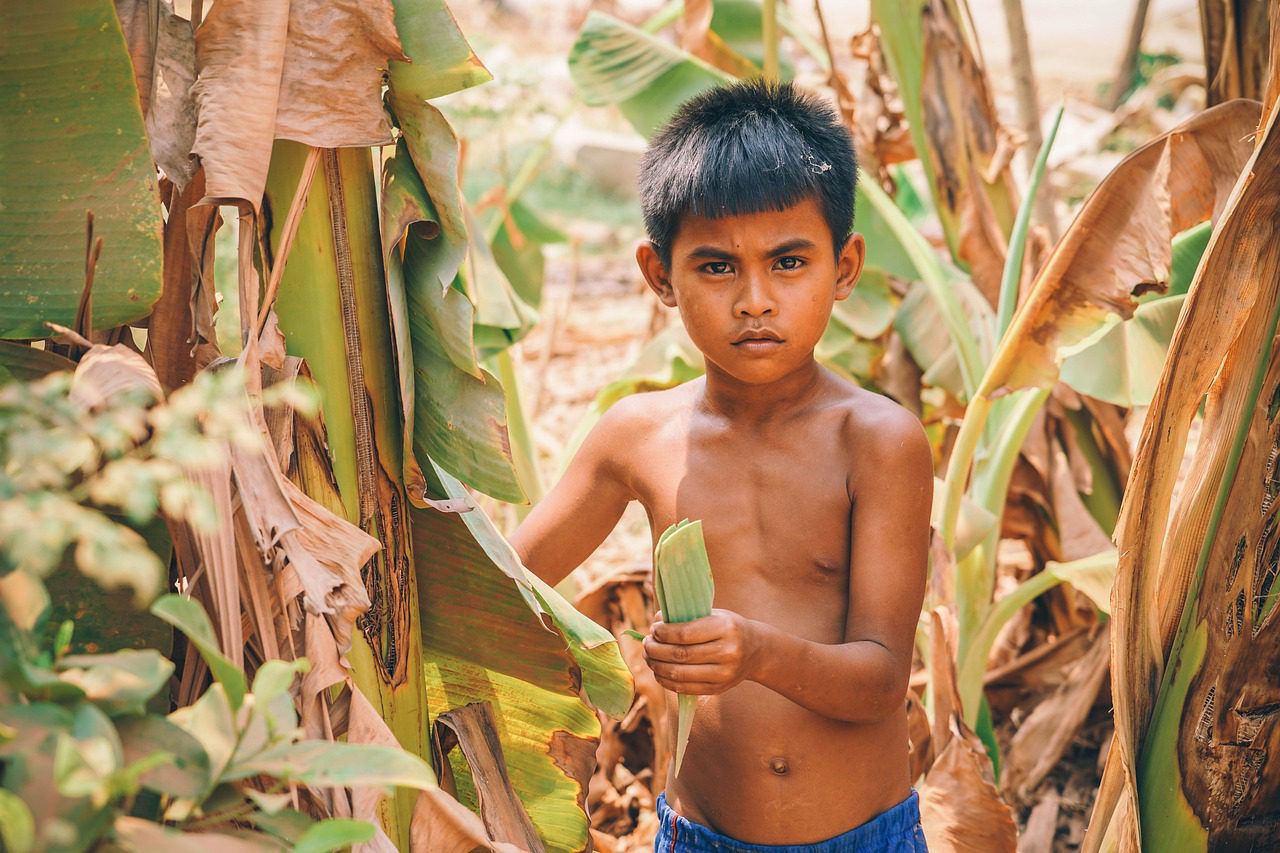
Political economy of labour exploitation and trafficking in persons in Southeast Asia
Migrant workers are among the most vulnerable populations to human trafficking in the region and elsewhere, however few are ever officially identified as victims of trafficking. The different levels of economic and industrial development across the region, inequalities in human development and security, labour supply and demand, demographic profiles and changes, governance and access to justice – all affect labour migration patterns. Risk of trafficking in these migration patterns result from a range of factors, from debts to discrimination, recruitment and employment practices, and affect specific populations at-risk.
ASEAN-ACT has partnered with the Overseas Development Institute (ODI) to undertake a political economy analysis of the factors that affect migrant workers vulnerability to human trafficking in labour migration in Southeast Asia, in order to inform more effective responses.
Thematic Briefs
Thematic Brief 1: Labour migration in Cambodia, Laos, Thailand and Vietnam: migrants’ vulnerabilities and capacities across the labour migration cycle
Thematic Brief 2: Addressing exploitation of labour migrants in Southeast Asia: Beyond a counter-trafficking criminal justice response
Thematic Brief 4: Debt, exploitation and trafficking of labour migrants
Thematic Brief 5: Trafficking for forced criminality: the rise of exploitation in scam centres in Southeast Asia
Thematic Brief 6: Addressing labour exploitation and human trafficking as ‘sticky’ problems: The role of Southeast Asia’s political economy
Country Briefs
For further information, please contact info@aseanact.org
